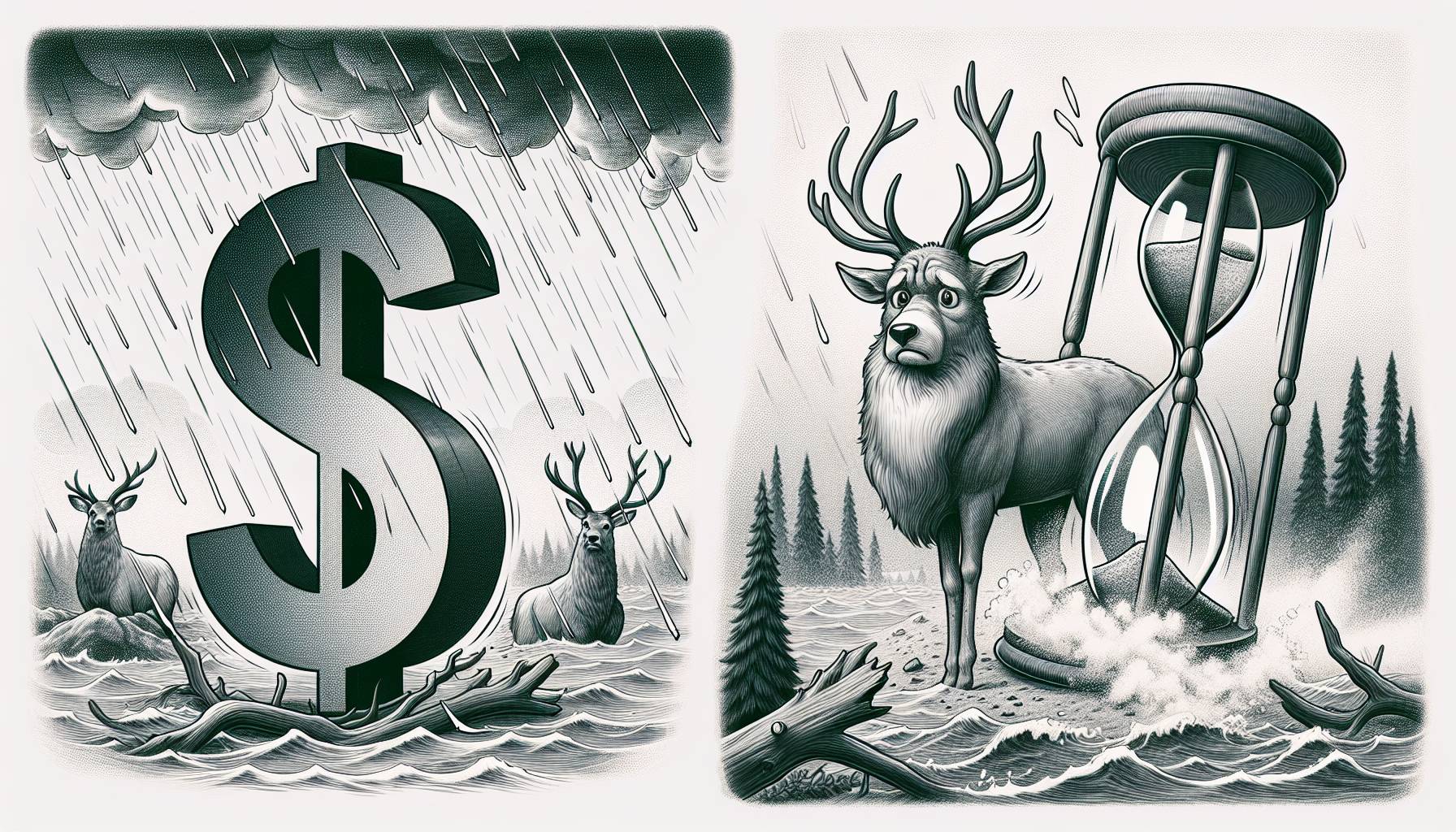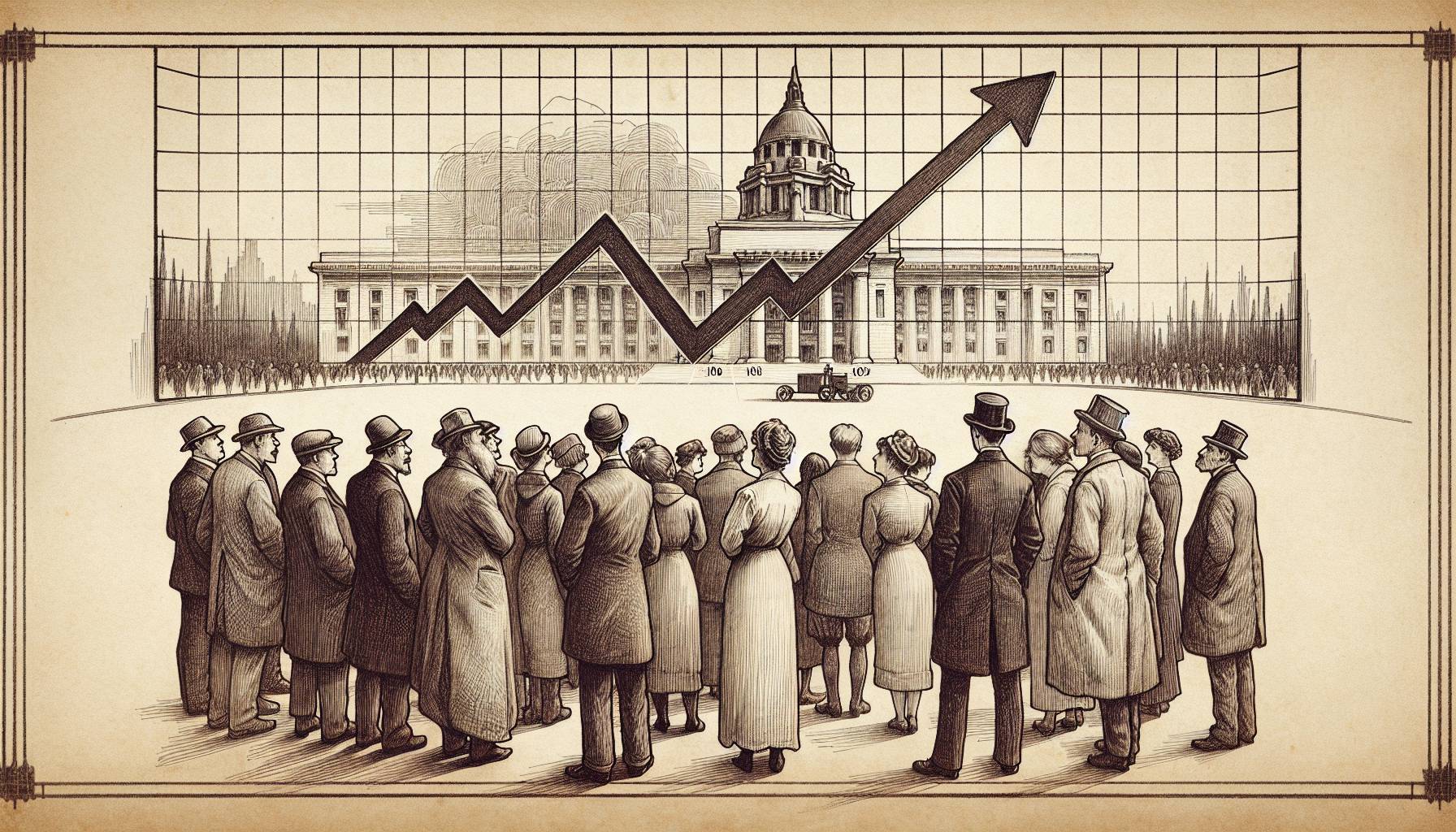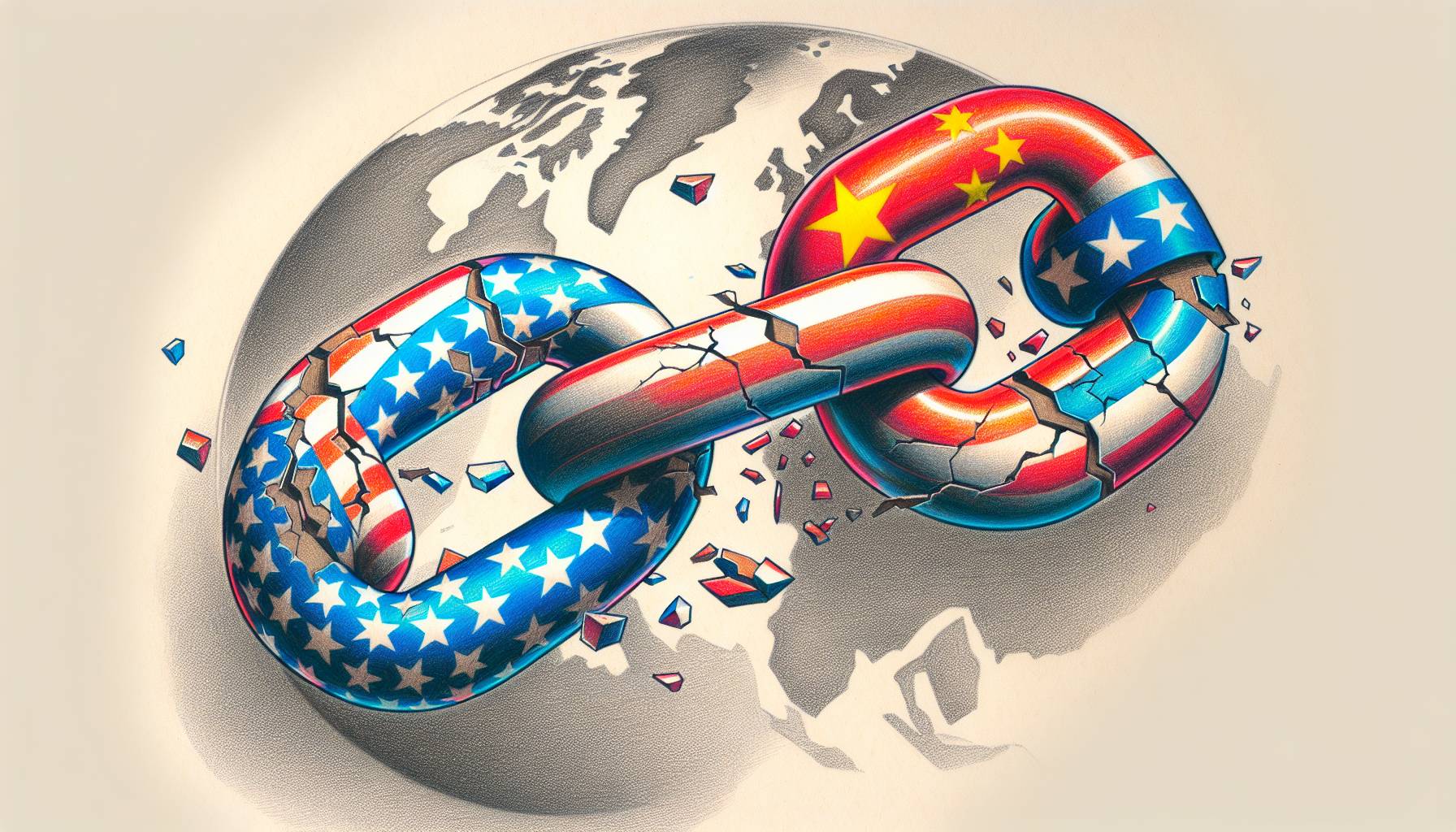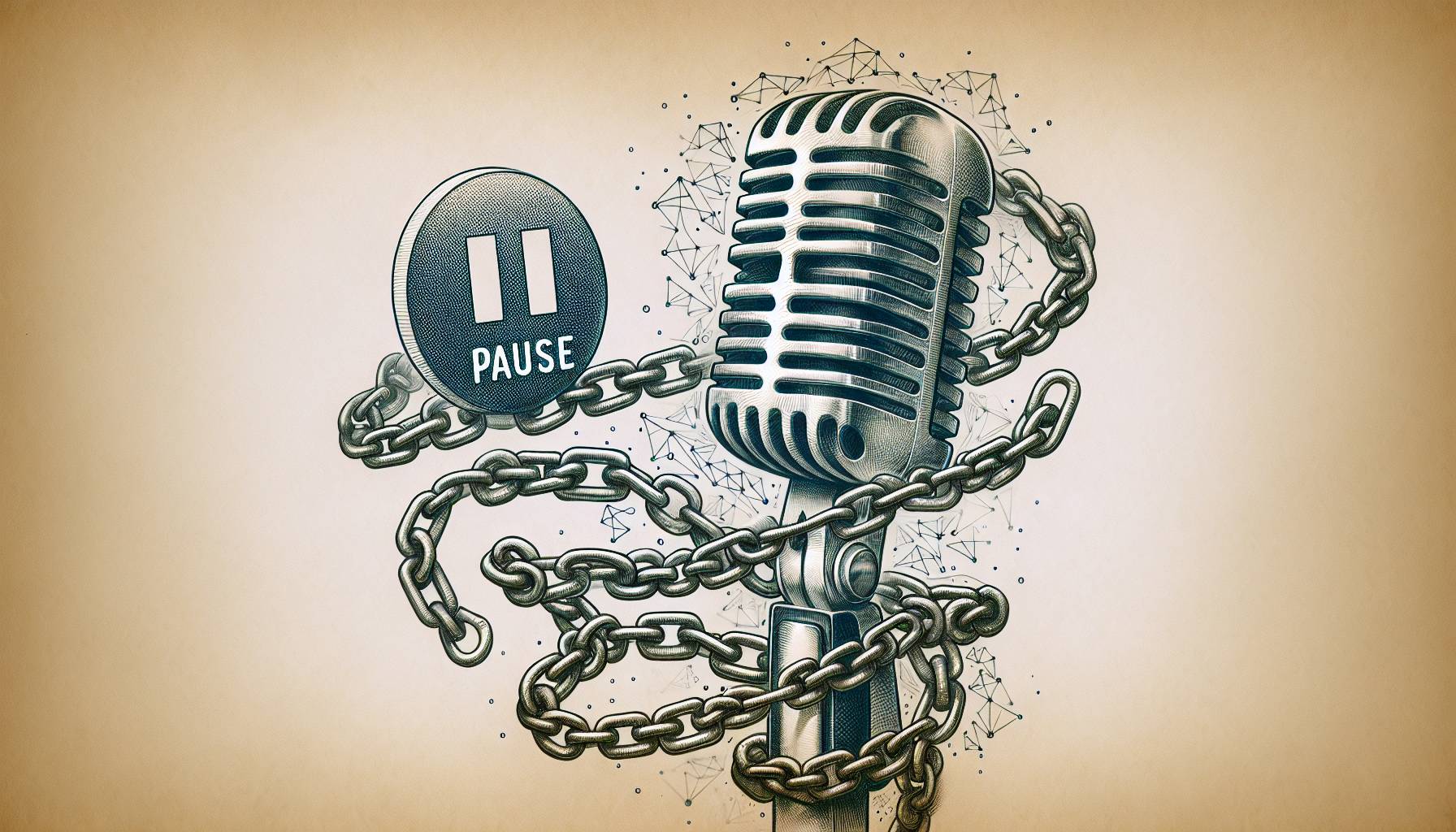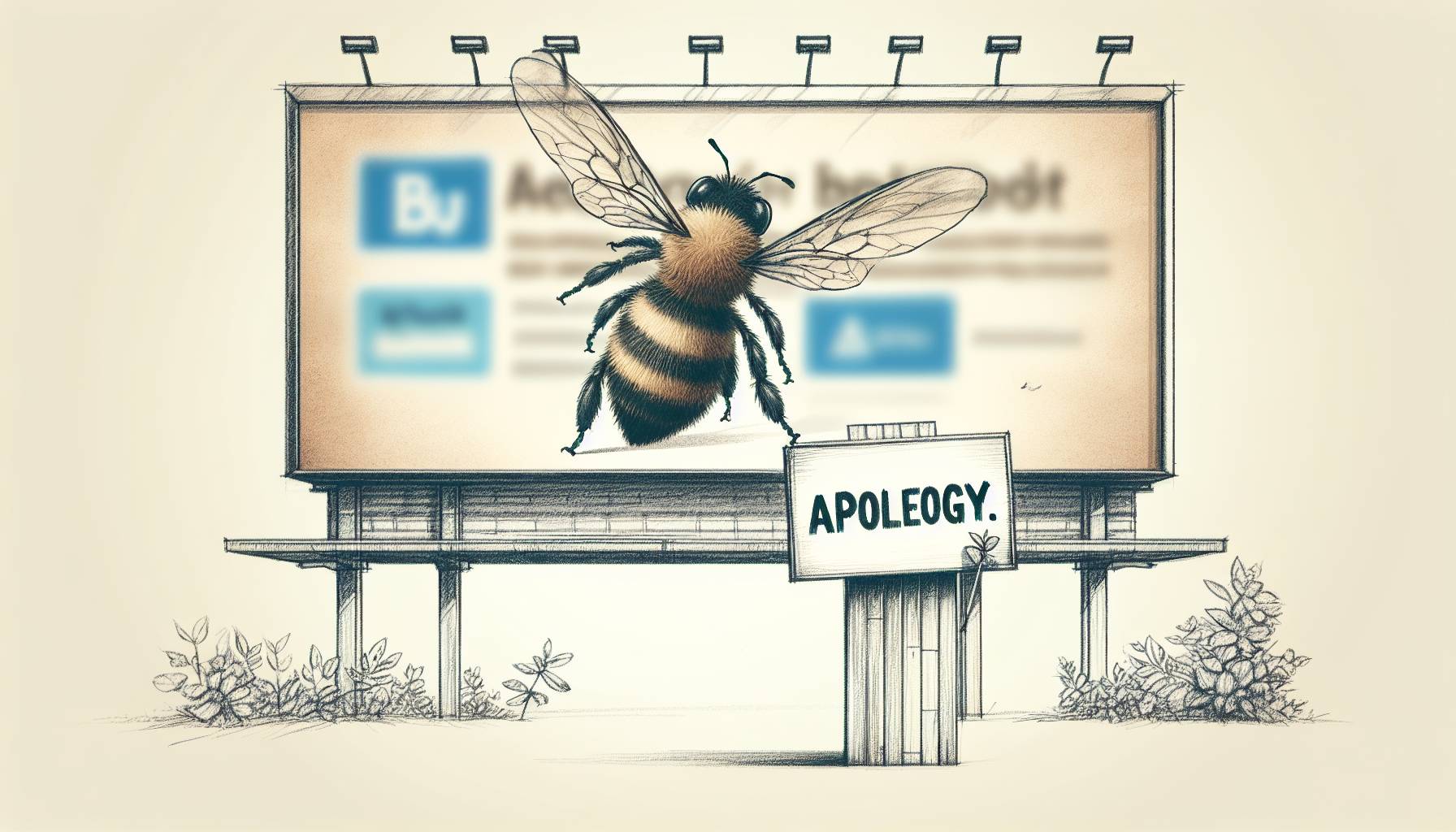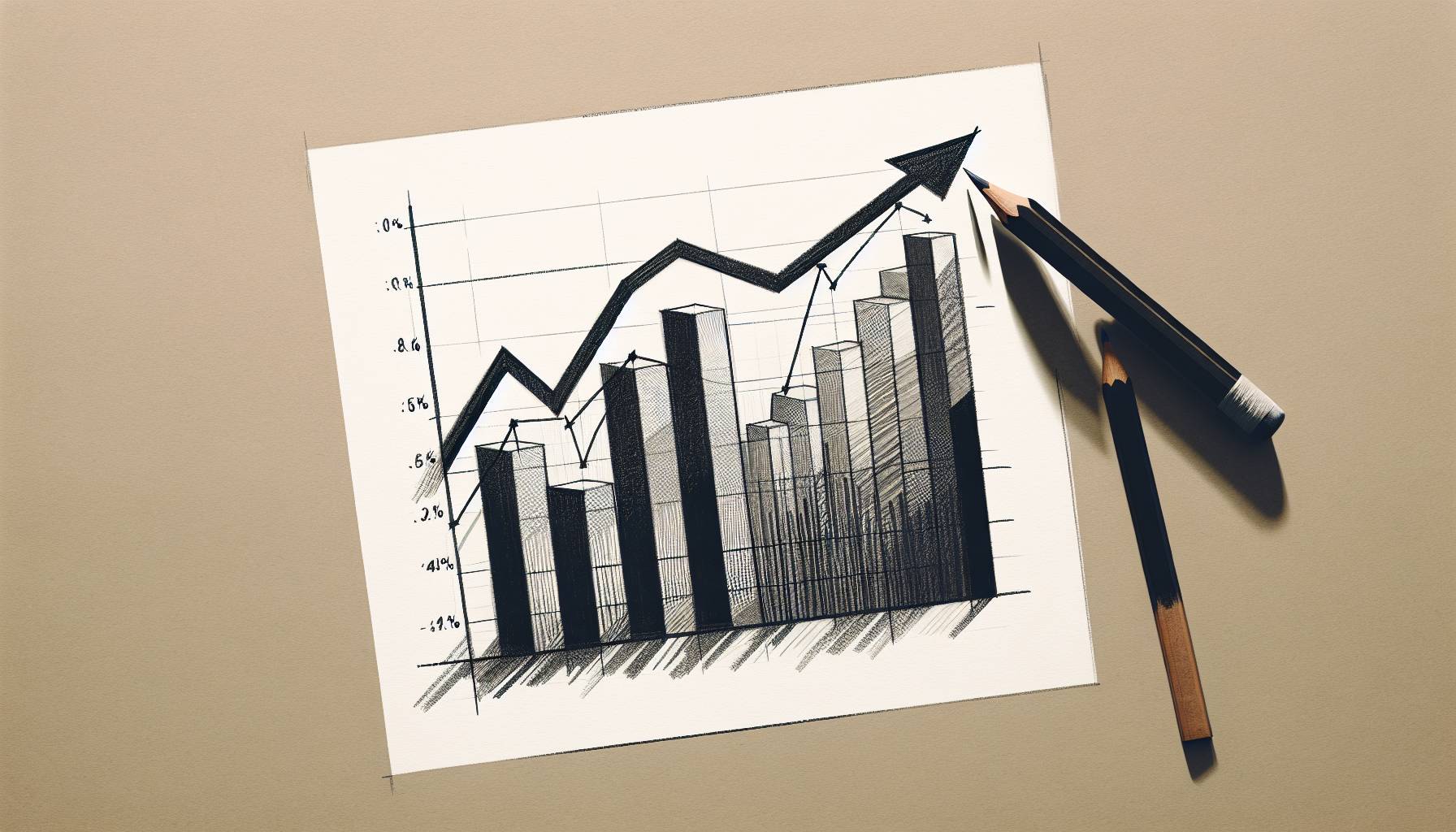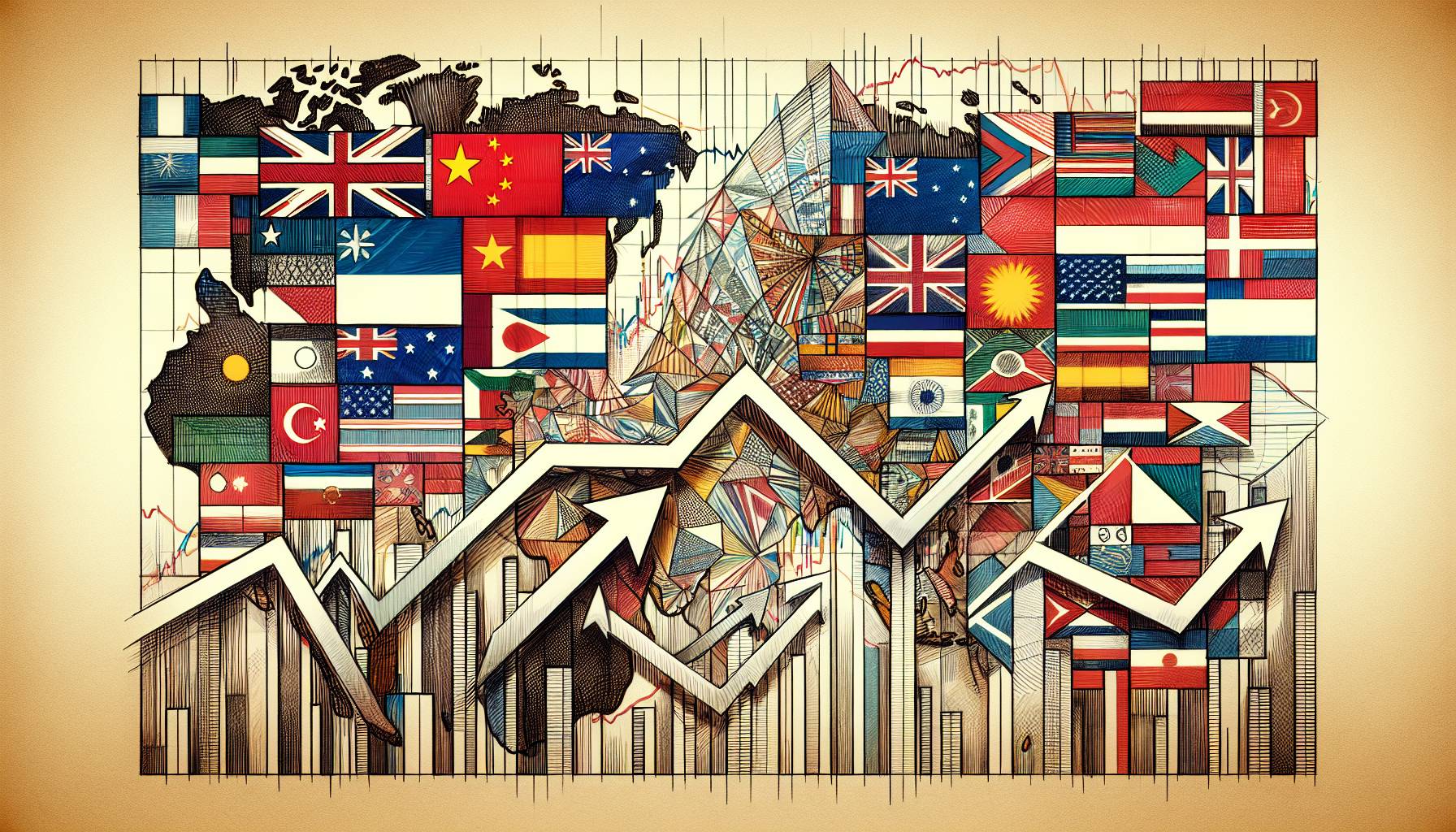Fears of stagflation–high inflation with sluggish economic growth–are rekindling in the U.S., stirring up thoughts of the 1970s economic fiasco. Despite policy initiatives intended to revive economic momentum, experts indicate escalating inflationary pressure. They attribute this to uncertainty around labor shortages, supply chain turbulence, and fluctuating energy prices. Furthermore, the Federal Reserve’s impending shift towards a tighter monetary policy exacerbates this economic uncertainty.
Reports of high inflation exceeding expectations this quarter and an annual economic growth rate of merely 1.6% cast a dark shadow over future economic prospect. Economists warn of lasting period economic stagnation unless proactive measures are taken. Current conditions are affecting consumer and investor confidence while also straining consumer spending, business investments, and job market trends. Therefore, comprehensive plans to combat these issues are crucial.
David Donabedian, Chief Investment Officer of CIBC Private Wealth US, further raises concern about rapid growth in sectors like services, where the annual growth rate exceeds 5%. He worries that such progress could overheat the overall economy.
U.S. stagflation scare stirs economic debate
With years of financial market experience, Donabedian emphasizes the cyclical peaks leading toward market correction and urges investors to be vigilant and make informed decisions.
Initial fears of stagflation stirred in 2022 when the Federal Reserve raised interest rates. Although they subsided as inflation cooled and economic growth remained steady in 2023, a balance had to be struck between preventing runaway inflation and not stifling economic activity. By 2023’s end, the threat of stagflation had lifted, bringing relief to consumers and businesses and focusing attention on sustainable growth and inflation control for 2024.
However, recent data shows possible persistent inflation and a setback in economic growth. Both Jamie Dimon, CEO of JPMorgan Chase, and Federal Reserve Chair Jerome Powell, share these concerns. They stress the importance of proactive measures to combat sustained inflation and its potential to slow economic advancement. Proactive monitoring and strategic planning, therefore, are imperative in managing these challenges.
Investor expectations for aggressive interest-rate cuts have fallen due to high inflation and cautious Federal Reserve officials. Some Wall Street optimists argue that rapid rate increases have not reduced consumer spending or business employment, evidencing steady growth. But there are also concerns about volatile markets, highlighting the potential risks of a global economies slowdown and ongoing trade tensions. Amid these varying perspectives, it seems clear that navigating the current economic environment requires informed decision-making based on a comprehensive market analysis.

